
By Koketso MOETI
In today’s fraught global political environment, where rights are being rolled back, authoritarians are winning power through the ballot box, democracy is under threat, and governments are increasingly serving elite interests. South Africa risks falling into the same trap.
South Africa’s world-beating wealth concentration makes it vulnerable to the whims of a small number of individuals and corporate actors. For example, the mining industry – a cornerstone of South Africa’s economy – has close ties with the government, while a few donors are responsible for the bulk of political funding.
Last year’s national election, in which the African National Congress lost its majority for the first time, reflected people’s frustration with the party’s neoliberal rule. But the coalition it formed with the Democratic Alliance (DA) seems to have reinforced the ANC’s elite project. This illustrates what the sociologist Karl von Holdt has called South Africa’s “violent democracy,” fueled by the emergence of a new social order marked by ferocious competition for the few opportunities to accumulate wealth not monopolized by whites and corporations.
Creating a government that works for everyone, not just the rich, requires a meaningful political challenge from below. The South African government has reduced spending on social programs over the last decade, paving the way for privatization and deepening inequality and existing divides. Among the people’s demands should be universal access to quality public services.
Failure to provide adequate public goods can have devastating consequences. In Europe, fear of losing access to quality health care has been found to fuel anti-immigrant attitudes. The same phenomenon can be seen in South Africa, where migrants have become scapegoats for systemic failures and, as a result, are being denied essential care. They are also blamed for the country’s high levels of unemployment and inequality – problems that quality public services can address.
But greater investment in public services is impossible without limiting the influence of private money in politics. This is no easy task. South Africa’s political parties agree on virtually nothing, but for decades they were largely united in their opposition to making political donations more transparent. Even newer parties have been reticent about disclosing their funding sources.
Efforts to enhance transparency and accountability in political financing have fallen flat. The Political Party Funding Act, enacted in 2021, capped annual donations from a single donor and forced parties to declare donations above a certain threshold. But only a year later, the cash-strapped ANC sought to water down the law, which resulted in the passage of the Electoral Matters Amendment in 2024. While ostensibly aimed at expanding the law’s scope to include independent candidates as well as political parties, it also granted the president greater power in determining the annual donation cap and the declaration threshold.
Strengthening this law, now called the Political Funding Act, would be a good first step toward countering the toxic mix of money and politics. But there are many other ways for capital to influence policymaking, which is why there should be increased disclosure requirements for meetings, correspondence, and other engagements between government officials and business leaders.
Similarly, it will be crucial to safeguard and expand the mandate of regulatory bodies. For example, the Competition Commission recently came under fire after it blocked Vodacom, the country’s largest mobile operator, from acquiring the fiber-infrastructure group Maziv. The accusations against the regulator include claims of ideological bias and personal smear campaigns.
While no institution is above reproach, the Competition Commission plays an important role in protecting South Africans from corporate greed. Its investigation into Johnson & Johnson resulted in the pharmaceutical company withdrawing patents on a life-saving tuberculosis drug in South Africa. During the COVID-19 pandemic, when private laboratories saw an opportunity to profit from PCR tests, the Competition Commission intervened to lower prices. More recently, the regulator published a report proposing remedies and actions to address Big Tech’s pernicious effects on the country’s media environment. Its call for more equitable digital markets has made South Africa a key front in the global battle to protect basic freedoms.
But political interference threatens to undermine the regulator’s authority. The DA, South Africa’s main opposition party-turned-coalition partner, has advocated scrapping the public-interest clauses in the Competition Act, arguing that they have allowed for the politicization of antitrust actions. More worryingly, the minister of trade, industry, and competition, who oversees the Competition Commission, challenged its decision to block the Vodacom-Maziv merger. The regulator’s recent announcement that it will no longer oppose the deal does not bode well for its independence, without which it cannot hope to temper the excesses of the super-rich and big business.
Elite collusion threatens to erode the foundations of South Africa’s democracy. To avert this outcome, South Africans must remain vigilant and demand accountability – democracy is not a static achievement, and would-be authoritarians like their chances. Taking a stand against powerful vested interests is an essential element of any effort to revitalize democracy in South Africa – and beyond.
Koketso Moeti, Founding Executive Director of amandla.mobi, is a 2025 Charles F. Kettering Global Fellow.
The post South Africa’s elites are jeopardizing its democracy appeared first on The Business & Financial Times.
Read Full Story
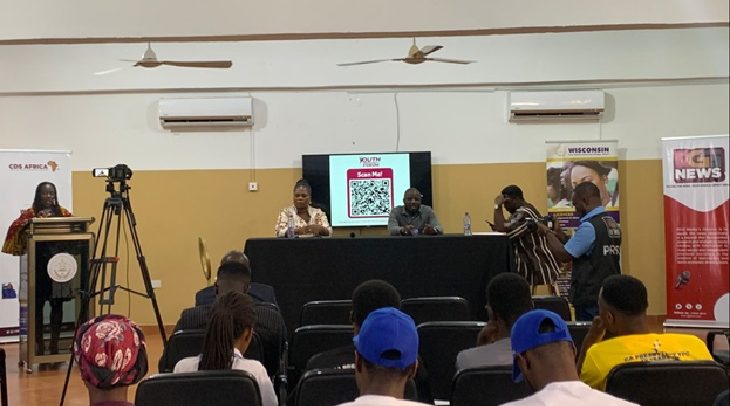
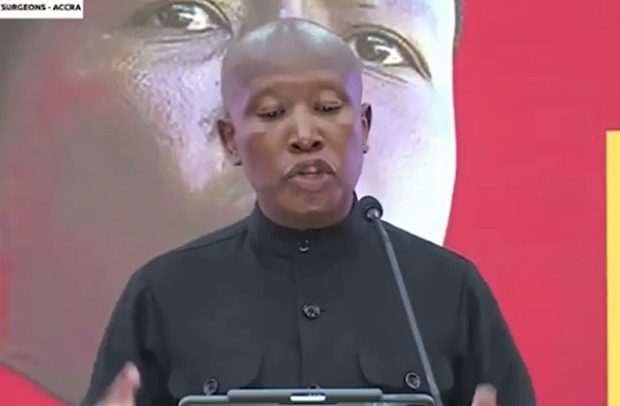




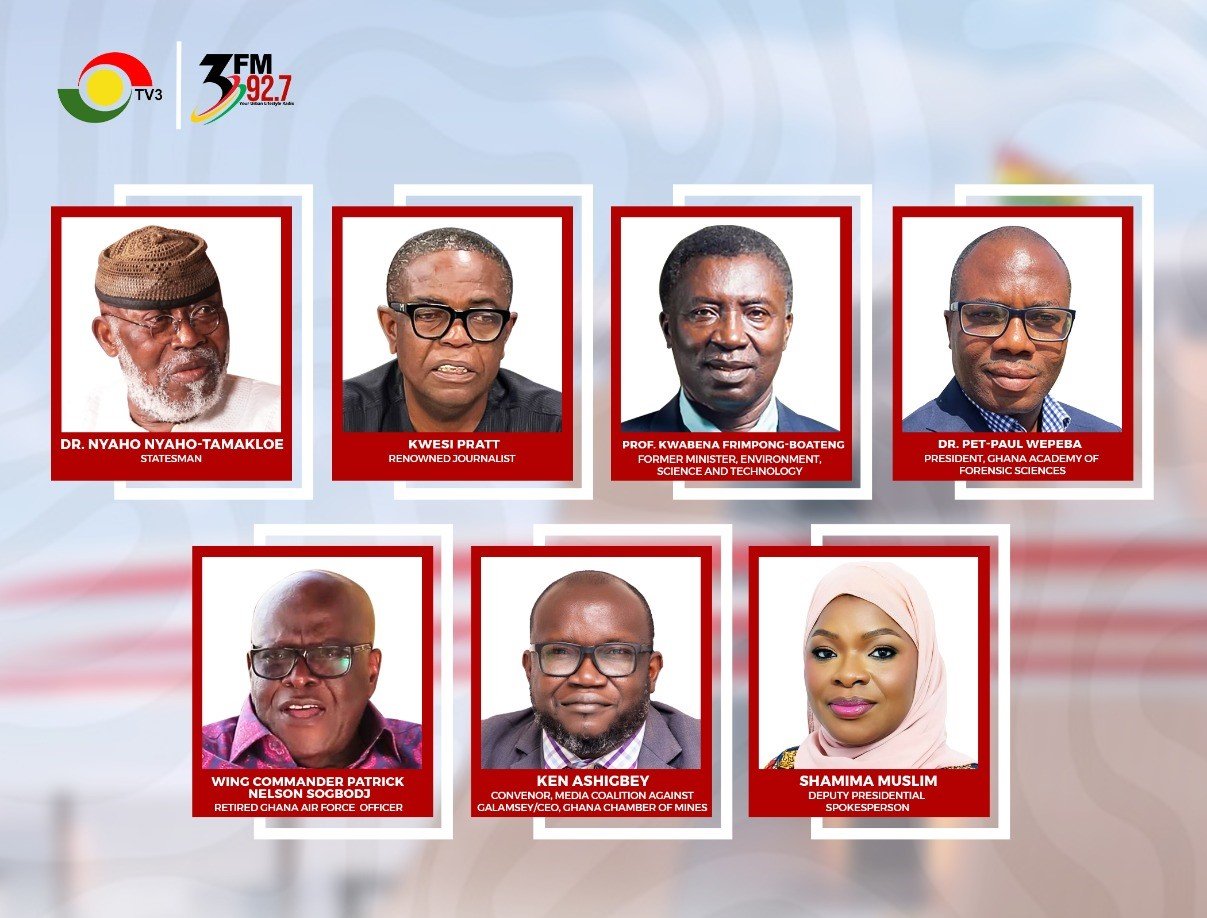




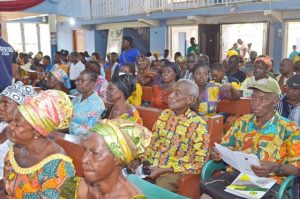
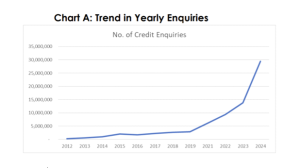

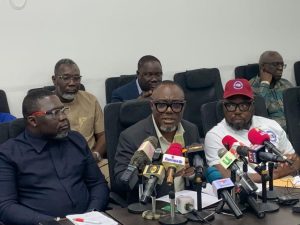

Facebook
Twitter
Pinterest
Instagram
Google+
YouTube
LinkedIn
RSS